Winter Aconite: A Beacon of Spring in the Depths of Winter
Winter Aconites belong to the buttercup family (Ranunculaceae) and are native to the woodlands and meadows of southern Europe and Asia. Despite their delicate appearance, these perennials are remarkably resilient, thriving in USDA hardiness zones 4 to 7. Their botanical name, Eranthis, translates to "spring flower," a fitting name for a plant that announces the end of winter with such vigor.These small but striking plants grow to about 3-6 inches in height, forming dense, ground-covering carpets of golden-yellow flowers. Each flower is surrounded by a ruff of green leaves, giving it the appearance of a little crown. The blooms typically last for several weeks, opening wide in the sunlight and closing in the evening or during overcast weather.
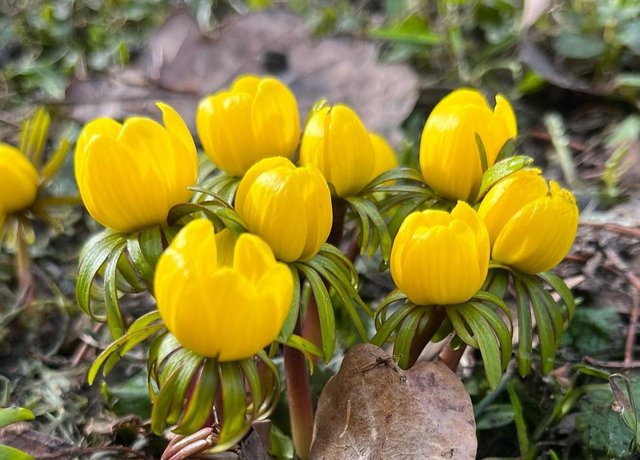
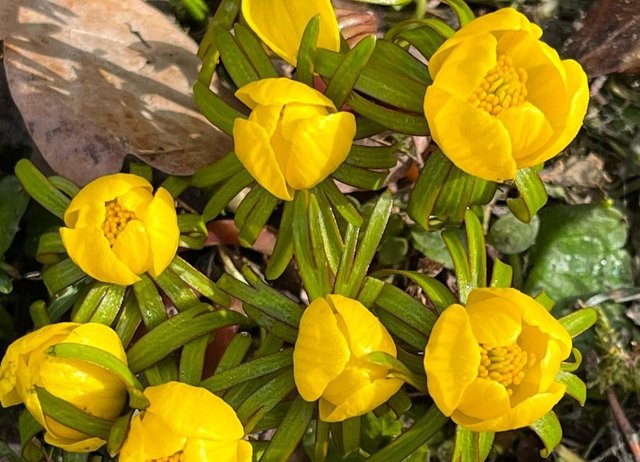
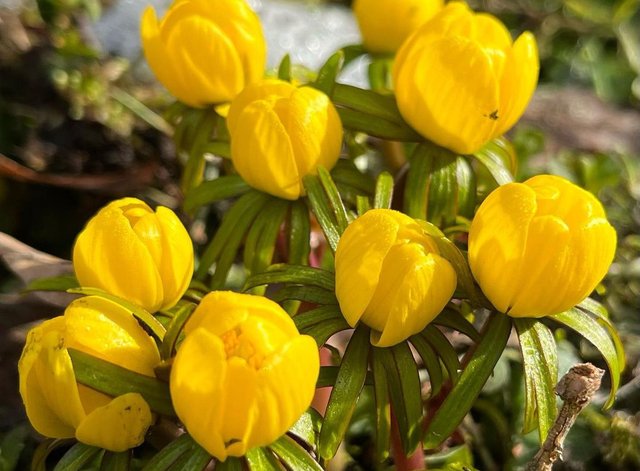
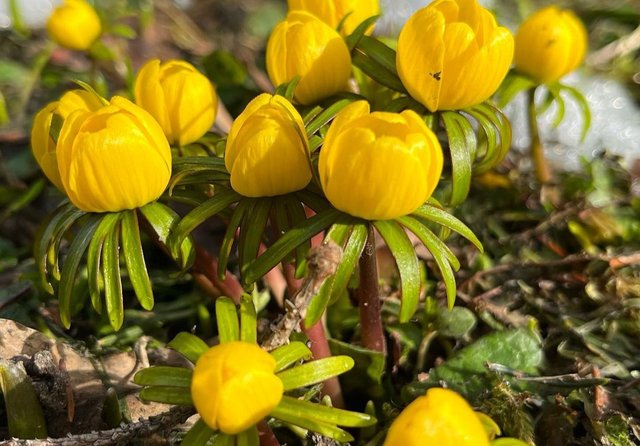
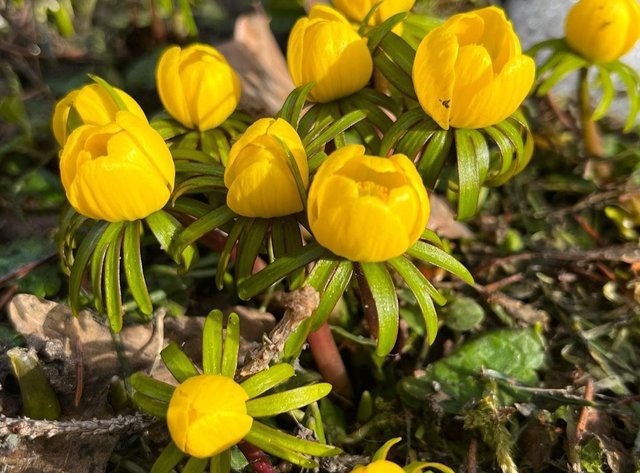
Winter Aconites prefer well-drained soil and partial shade, making them ideal companions for deciduous trees. They often flourish in areas where they can receive the dappled sunlight of early spring, which becomes shaded later in the year as trees leaf out. Planting them under trees or in woodland gardens can replicate their natural habitat, ensuring they receive the conditions they need to thrive.